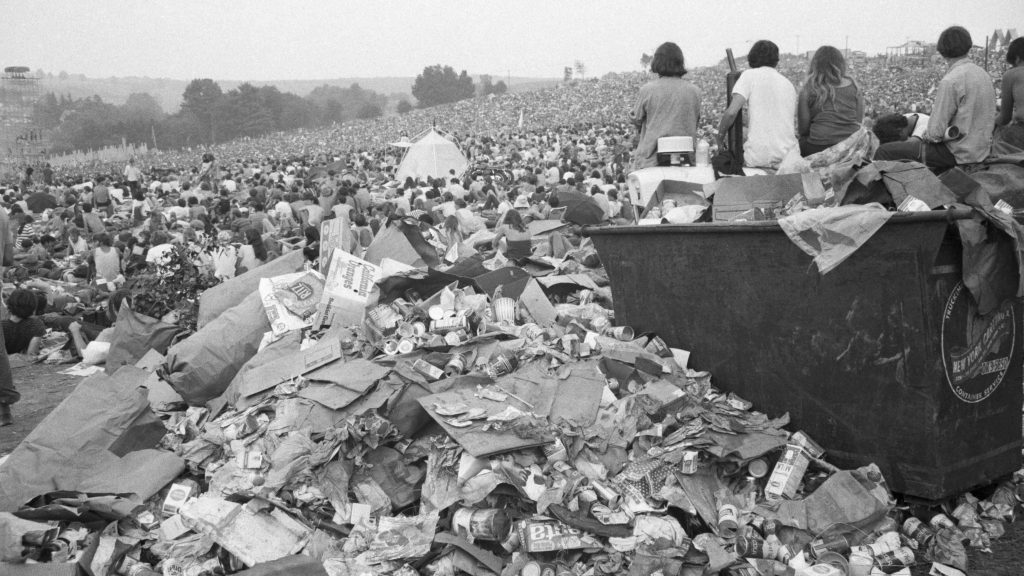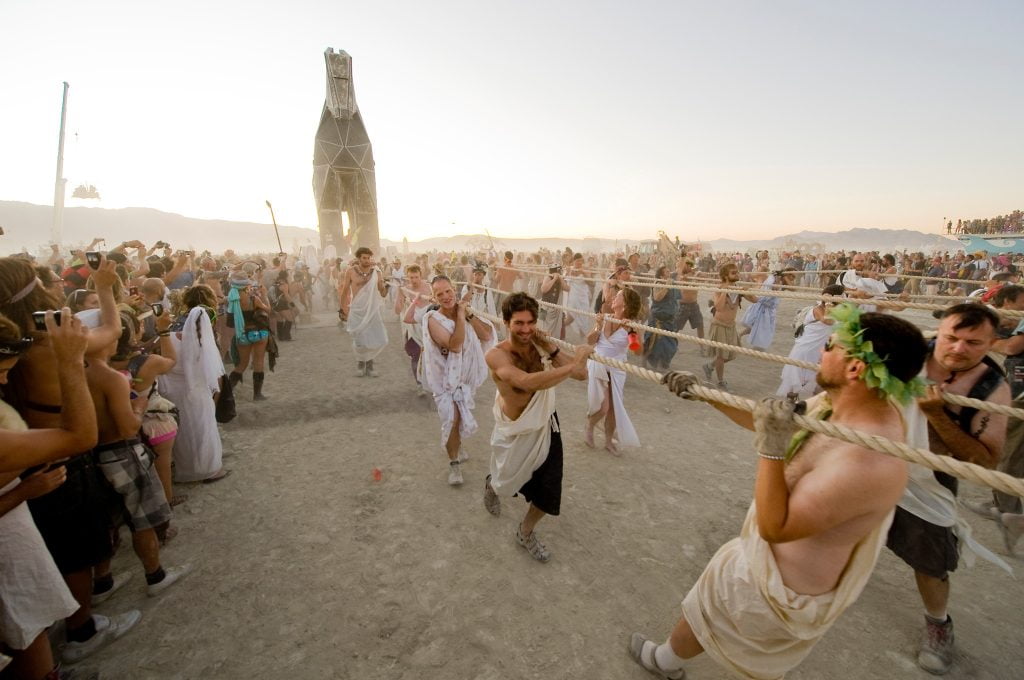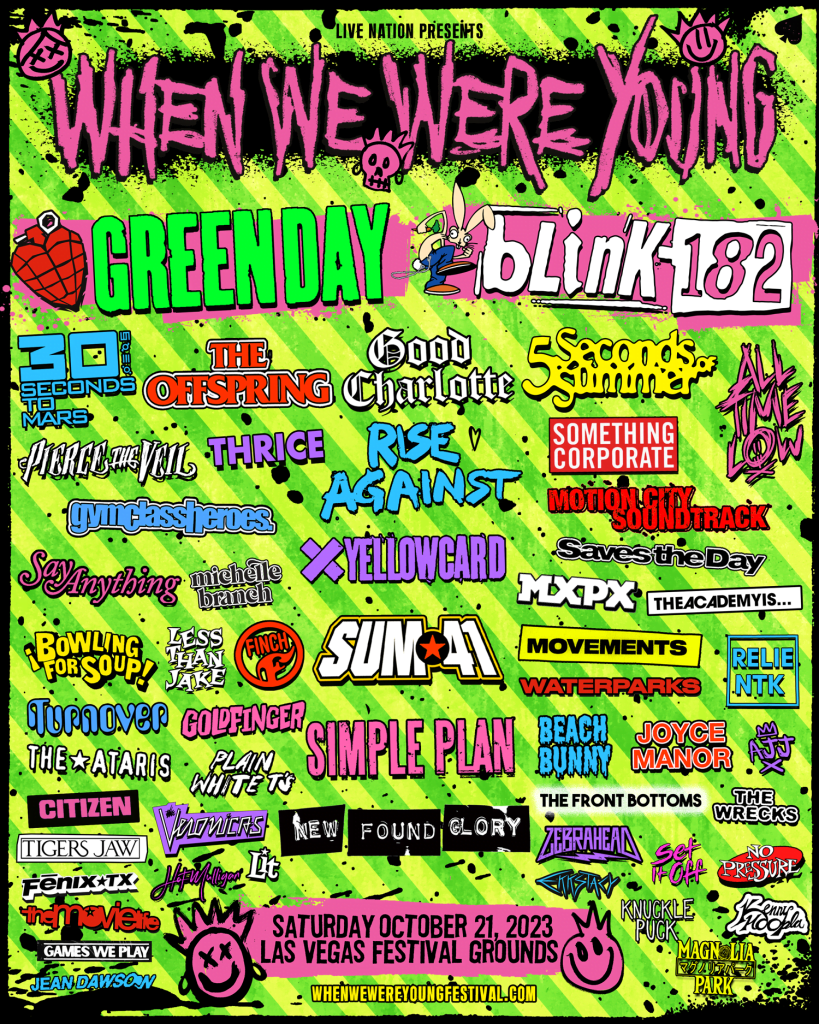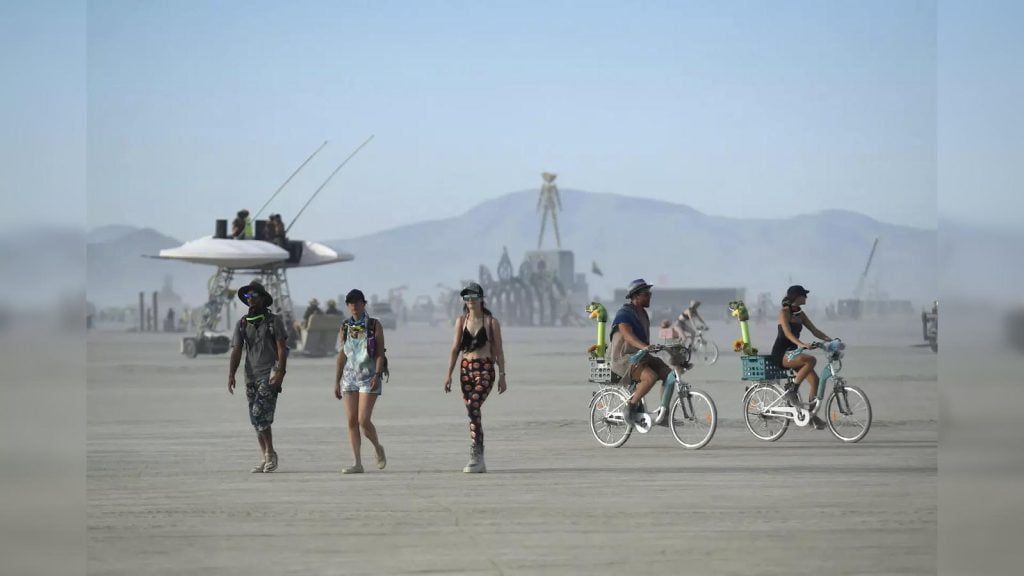Woodstock Music Festival – a name synonymous with peace, love, and iconic musical performances that defined a generation. But amidst the euphoria and historical significance of this event, one question remains prominent: where was the Woodstock Music Festival held? The answer takes us back to the summer of 1969, to a dairy farm in Bethel, New York. What started as a three-day music festival transformed into a cultural phenomenon, attracting over 400,000 people and featuring legendary acts like Jimi Hendrix, Janis Joplin, and The Who. Join us as we delve into the location and journey of the unforgettable Woodstock Music Festival, a pivotal moment in music history.
Woodstock Music Festival. First performer was, Richie Havens. pic.twitter.com/KQhXihfOTl
— dan donian (@CrazyRockerDan) August 15, 2024
Introduction to Woodstock Music Festival
The Woodstock Music Festival, also known as Woodstock or the Woodstock Festival, was a historic music event held in 1969 that defined a generation. The festival took place on a dairy farm in Bethel, New York, but contrary to popular belief, the event was not actually held in the town of Woodstock. Woodstock came to symbolize the counterculture movement of the 1960s, promoting peace, love, and music.
Legacy of Woodstock
The legacy of Woodstock endures to this day, with the festival being considered a pivotal moment in music history. Many iconic artists and bands like Jimi Hendrix, Janis Joplin, and The Who graced the stage during the festival, leaving a lasting impact on music and culture.
Impact on Society
Woodstock was not only a music event but also a socio-cultural phenomenon that defined a generation. It represented a revolution in the way people thought about community, music, and social change.

History and Background of Woodstock
Woodstock Music Festival, one of the most iconic events in music history, took place in Bethel, New York, in 1969. Despite its name, the festival did not actually take place in Woodstock. It was held on a 600-acre dairy farm owned by Max Yasgur in the Catskill Mountains. The festival became a symbol of the counterculture movement of the 1960s, promoting peace, love, and music.
Origins of Woodstock
The idea for the Woodstock Music Festival originated from four young entrepreneurs who wanted to create a music event that would be a “big deal.” They envisioned an event that would transcend commercialism and focus on the music and the experience. Despite facing numerous challenges, including finding a suitable location and securing performers, the organizers persisted, and their vision came to life in August 1969.
Social Impact
The Woodstock Music Festival had a significant impact on American society and culture. It symbolized the spirit of the 1960s, emphasizing ideals of unity, peace, and harmony. The festival brought together over 400,000 people from different backgrounds, united by their love for music and a desire for social change. Woodstock became a cultural touchstone, influencing music, fashion, and social movements for years to come.
Location of Woodstock Music Festival

The Woodstock Music Festival, often known simply as “Woodstock,” took place in Bethel, New York. Specifically, the festival was held on Max Yasgur’s 600-acre dairy farm in Sullivan County. This idyllic location provided a natural amphitheater where hundreds of thousands of attendees gathered for the iconic event in the year 1969.
Historical Significance
The choice of such a rural location, away from the city hustle, played a significant role in promoting the festival’s message of peace, love, and music. The setting amidst lush greenery and rolling hills created a harmonious atmosphere that resonated with the festival’s ethos.
Accessibility and Attendees
Despite its remote location, the Woodstock Music Festival attracted a massive crowd due to the cultural significance of the event. Attendees traveled from far and wide, braving traffic jams and logistical challenges to be part of this historic gathering. The event became a symbol of the counterculture movement of the 1960s.
Significance and Impact of Woodstock
Woodstock Music Festival, held in 1969 in Bethel, New York, holds immense significance in music history as a symbol of the counterculture movement of the 1960s. The event brought together over 400,000 people for three days of peace, love, and music, showcasing legendary performances by artists like Jimi Hendrix, Janis Joplin, and The Who.
Legacy of Woodstock
Woodstock left a lasting impact on music culture, paving the way for future music festivals and influencing the social and political landscape of the time. It represented a sense of unity and community among the youth, promoting values of peace and harmony that echoed through the decades.
Cultural Movement
The festival became a symbol of the hippie movement, advocating for love, peace, and anti-war sentiments in a tumultuous era marked by political unrest. Woodstock was a testament to the power of music in bringing people together regardless of their backgrounds.
- Woodstock challenged traditional norms and emphasized the importance of unity and self-expression.
- The event showcased the potential for music to be a catalyst for social change and harmony among diverse groups.
Legacy of Woodstock Music Festival
Woodstock Music Festival, held in 1969, is renowned as one of the most iconic cultural events in history. Despite its tumultuous beginning and unexpected turnout, it left a profound impact on the music industry and society as a whole.
Revolution in Musical Experience
The festival pioneered the concept of large-scale music events, showcasing legendary performances from artists like Jimi Hendrix, Janis Joplin, and The Who. It symbolized a shift towards a more inclusive and harmonious approach to music.
Woodstock challenged established norms and brought together over 400,000 attendees, epitomizing the spirit of unity and peace.
Cultural Impact and Counterculture Movement
Woodstock became a cultural touchstone, representing the values of the 1960s counterculture movement. It promoted anti-war sentiments and advocated for social change, influencing a generation to question authority and strive for a better world.
- The festival embraced diversity, love, and freedom as its guiding principles.
- It inspired art, fashion, and music trends that resonate to this day.
Frequently Asked Questions
- When and where did the Woodstock Music Festival take place?
- The Woodstock Music Festival occurred from August 15 to August 18, 1969, in White Lake, New York.
- Why is the Woodstock Music Festival considered iconic?
- Woodstock Music Festival is considered iconic due to its significance as a symbol of the counterculture movement of the 1960s, the remarkable lineup of artists who performed, and the peaceful gathering of over 400,000 attendees.
- What were some of the famous artists who performed at Woodstock?
- Some of the famous artists who performed at the Woodstock Music Festival include Jimi Hendrix, Janis Joplin, The Who, Grateful Dead, and many more.
- What impact did the Woodstock Music Festival have on music and cultural history?
- Woodstock Music Festival had a significant impact on music and cultural history by solidifying the counterculture movement, showcasing legendary performances, and highlighting the power of music to bring people together.
- How did the location of the Woodstock Music Festival contribute to its legacy?
- The location of the Woodstock Music Festival, which was originally planned for Woodstock but eventually took place in White Lake, New York, added to the festival’s mystique and contributed to its legendary status.
Unlocking the Mystery: Where Was Woodstock Music Festival?
Final Thoughts
Woodstock Music Festival holds a significant place in music history and cultural impact. The location, Bethel, New York, now houses the iconic Bethel Woods Center for the Arts, reminding us of the spirit of harmony and unity that defined the event. By exploring where Woodstock took place, we unveil layers of nostalgia and a timeless message of peace and music that continues to resonate with generations. The legacy of Woodstock serves as a beacon of hope, promoting love, music, and togetherness. Let’s carry forward the ethos of Woodstock, spreading positivity and creating moments of joy through the power of music and unity.




